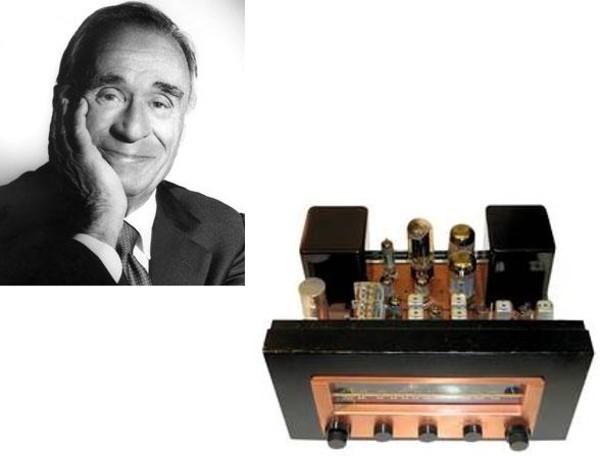Audio Industry Loses Pioneer Sidney Harman

With his partner Bernard Kardon, Harman introduced the first audio receiver in the 1950s, the Festival D1000, combining the hitherto separate functions of power amp, preamp, and radio tuner. Shortly afterward came the first stereo receiver, the Festival TA230.
In later years Harman International grew through acquisitions to include JBL, Infinity, Lexicon, and Revel. Harman's companies covered the entire spectrum of the audio industry, from budget to bleeding-edge gear. He was inducted into the Consumer Electronics Association Hall of Fame in 2000 and retired as chairman of his company in 2008.
As much of a giant as Harman was in the CE industry, he transcended that role with numerous other activities. Most recently he became known as the man who bought Newsweek in an effort to rejuvenate the journalistic institution. He was also chairman of the Academy of Polymathic Study at USC.
Prior to that he had been a noted philanthropist, was active in the antiwar and civil rights movements, coauthored two books including his autobiography, and served as President Carter's Deputy Secretary of Commerce. After his first marriage ended in divorce, he married Jane Harman, who was elected to the U.S. House of Representatives as a Democrat nine times. He is survived by six children, two stepchildren, and 10 grandchildren.
"Sidney was tough but he was a man who cared deeply about the American worker and the quality of life," commented Hank Finke, who was Inside Sales Manager at JBL from 1993-95 and Vice President of Global Sales for Harman Specialty Group from 2005-09. "Harman had incredible benefits and Sidney refused to send work offshore, even if it meant lower margins. The Newsweek play was another example of his will to keep Americans working. We need a thousand more CEOs like him. Whenever I saw him speak, I knew that I was in the presence of greatness. He was the best kind of American and he will be truly missed."
See The New York Times, TWICE, company obit, and company history.
- Log in or register to post comments





























































